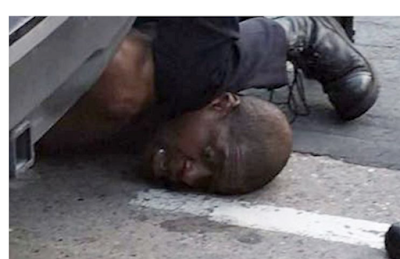"What’s at stake in the 2020 election? . . . Dive into the glaring differences between the two party platforms and what they mean for biblical values. Learn why Donald Trump is right for America and how the destiny of America is riding on this election!"
 |
| Click: 2 minutes |
"The wisdom of God has been functioning in Donald John Trump and that's the reason they want him out of there so bad. He's been draining the swamp. . ..The spirit of the devil--there are people that follow him all the time. He came to steal, to kill, and to destroy. He came to steal this election so he can continue to kill babies and destroy the youth of this nation."
https://www.kcm.org/watch/tv-broadhttps://www.youtube.com/watch?v=OSIrQBGfUtwcast/why-donald-trump-right-america?type=371&page=1
"Donald Trump is an outsider. He's a businessman. He sees that regulations and all these things hold back businesses. . .. He's a great leader. There are lots and lots of reasons to like Donald Trump. Him not being afraid of the establishment. Him not being afraid of political correctness. All of those are very important reasons to vote for him.
But as Christians, it's even more. The moral issues. It's things like life, the sanctity of marriage. It also goes with honesty, character throughout the culture. Popular entertainment and the internet and everything else is filthy, we don't talk about it anymore in the church. There's just lots of things besides those two issues that Christians need to be concerned about. The biggest one, of course, is our religious liberty. . .. We have freedom of religion. Now we see with this COVID-19 you have governors and mayors saying the church isn't essential. . ..Most of them are hostile to the Gospel. They think people like us are dangerous. . .. We see what they want to do if the other side gets in. This legislation: The Equality Act [crosstalk: "its atrocious."] which will absolutely take away our religious liberties, actually make us persecuted. . .. We have got to re-elect this president. . .. If they get into power it's game over. We might as well pack up and go home. The fact is there is no 'new world' for us to go to like the Europeans 300 years ago. . .. We have turned the culture over to the other side. They have flipped everything around. Good being evil and evil being good. We have seen it with our own eyes.
The language and tone of desperation helps explain the post-election denial of the election loss by Trump's strongest supporters. This wasn't just an election where a loss meant one comes back next cycle to try again. This was "game over." Better to overthrow an election than to allow the devil to run the country.
It is objectively true that churchgoing is in decline. The response is both a narrowing of the base and making alliances with rising political movements. Jesus apparently has a position on business regulation and COVID mitigation guidelines. Jesus apparently likes Trump's positions on immigration, health care, marriage, and the coarseness of the internet.
The co-branding of Evangelical Christianity and Trump-style Republican populism hurts and limits both brands. Trump is an awkward ambassador of Christian virtues because he exemplifies well the values of the tribal warrior cultures Jesus rejected. Evangelical ministers like Copeland have their enthusiasts, but they put off people who aren't in the evangelical loop and subculture.
To outsiders--and maybe to some insiders--Evangelical Christians look idolatrous in their support for Trump. And silly.




















